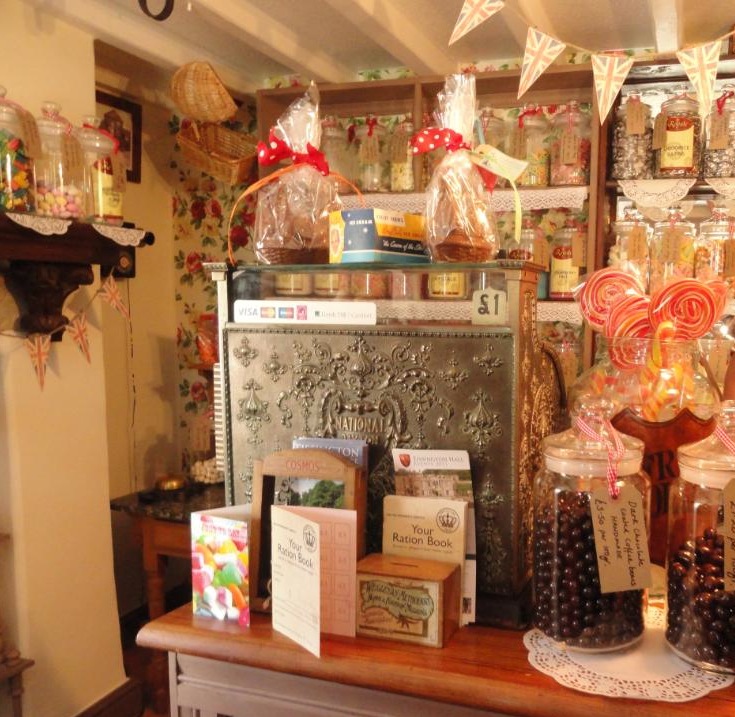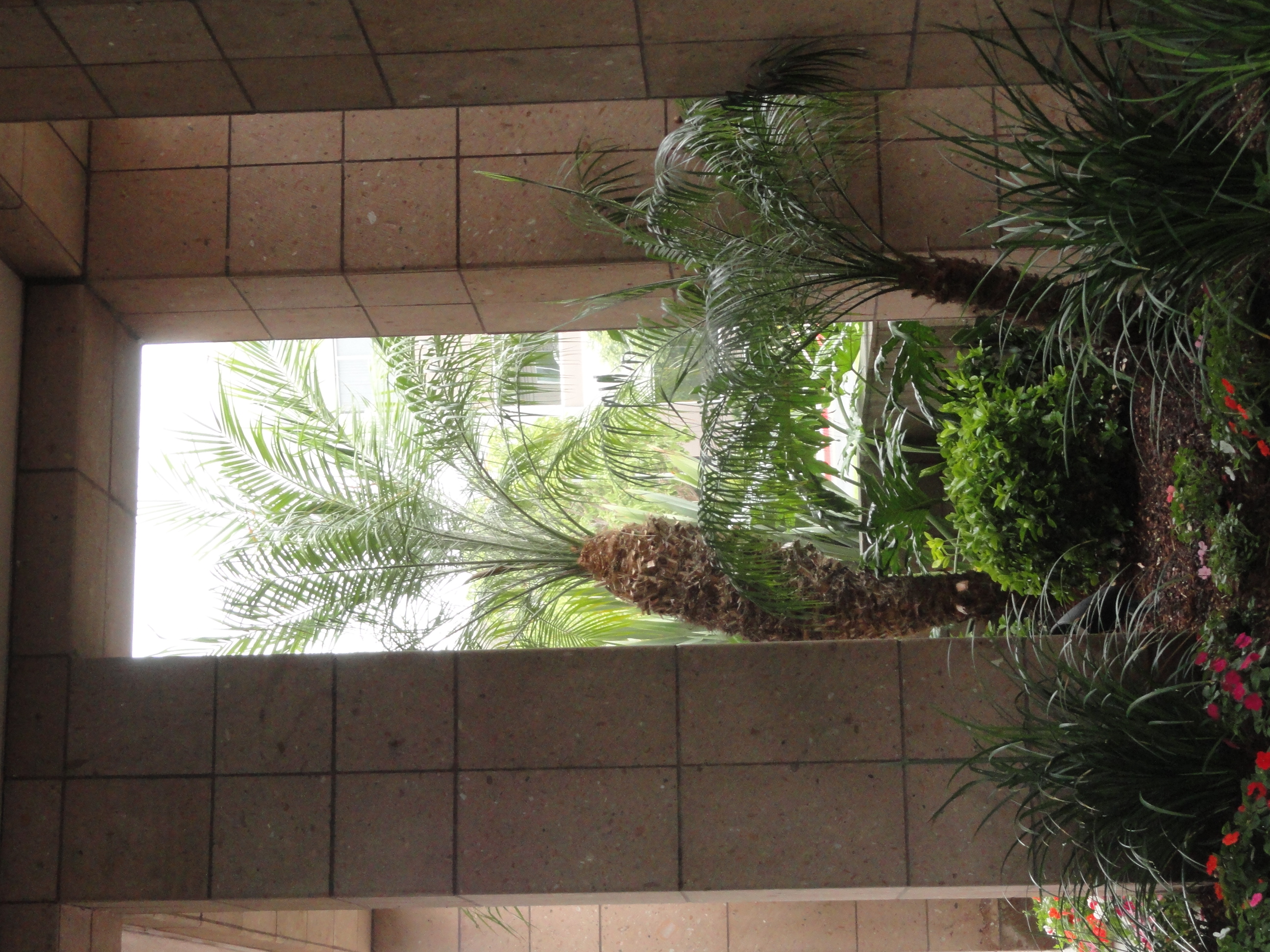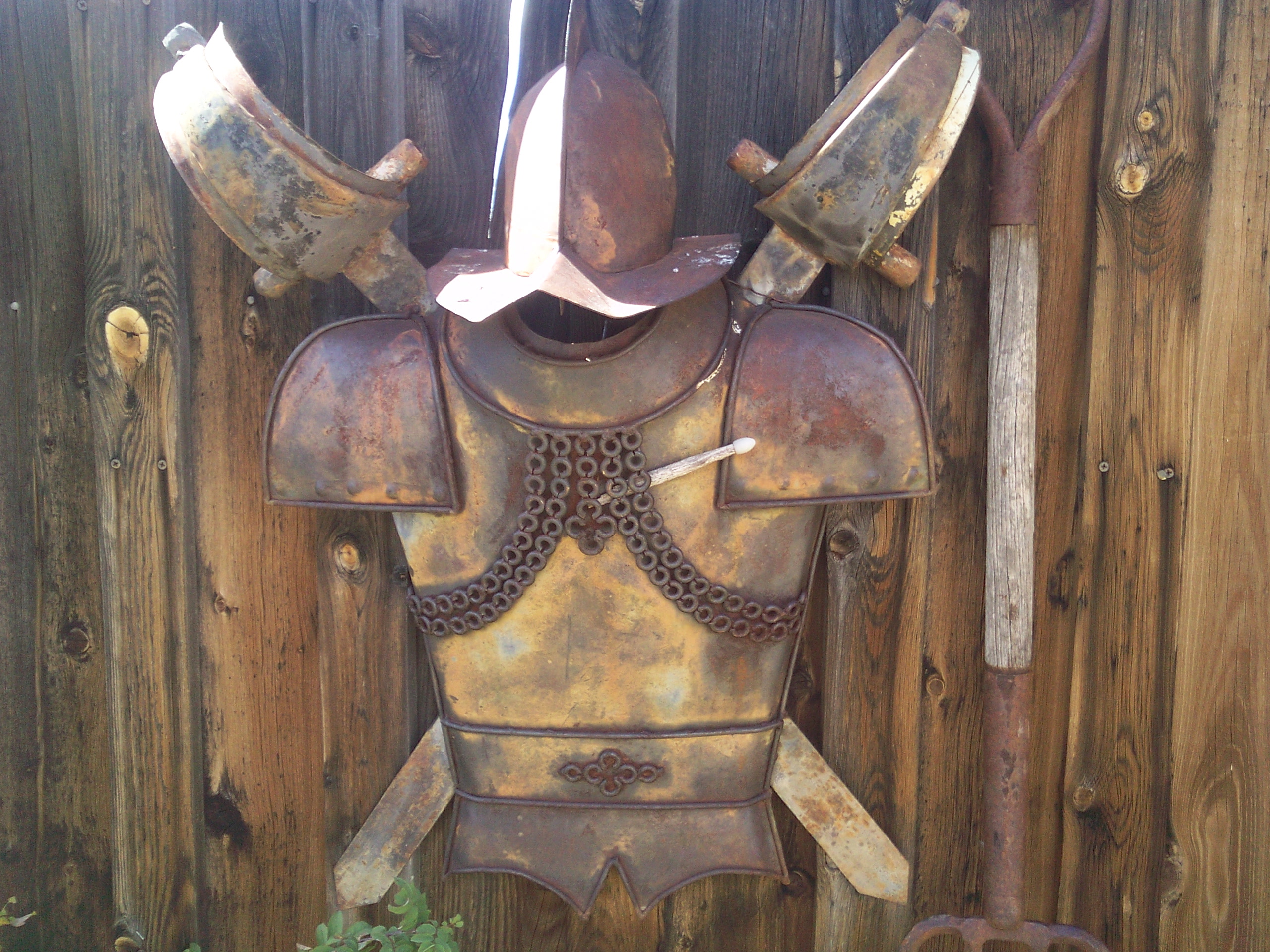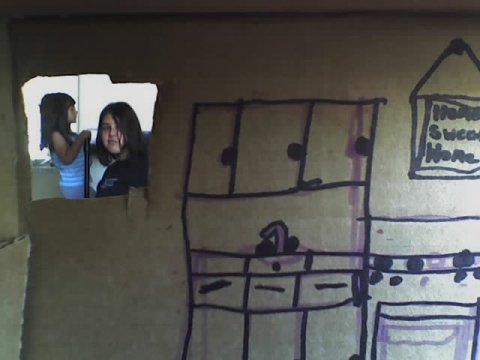
Sometimes my kids get bored, and I can light up a half hour by digging into some box or drawer and producing something they've never yet seen. Like a magician pulling a bouquet of flowers out of a wand, I pull out a little doll, or some Australian coins, electric curlers (for sorting, putting back on the rods, and discussing), muffin tins, poker chips, grandpa's bow ties, a hand-cranked egg beater to froth up soapy water (I wish I had a hand-cranked drill; my dad did). Whenever I pull these things out I tell the kids why I have them and what I know about them. I told about the gold strip in Australian paper money, about ties my dad used to have with cowboys and bucking broncos on them, about patterned muffin tins being pressed kind of like steel car parts are pressed, of getting my hair stuck in electric curlers when I was a teenager and crying because I was afraid my long hair would have to be cut off.
SandraDodd.com/museum
photo by Sandra Dodd
The photo is not of my house, but of a candy shop in the village of Tissington, in Derbyshire, which had an antique till ("cash register," in American parlance).
When I was little, there were a few little stores in northern New Mexico that still had
mechanical cash registers that didn't take electricity.







